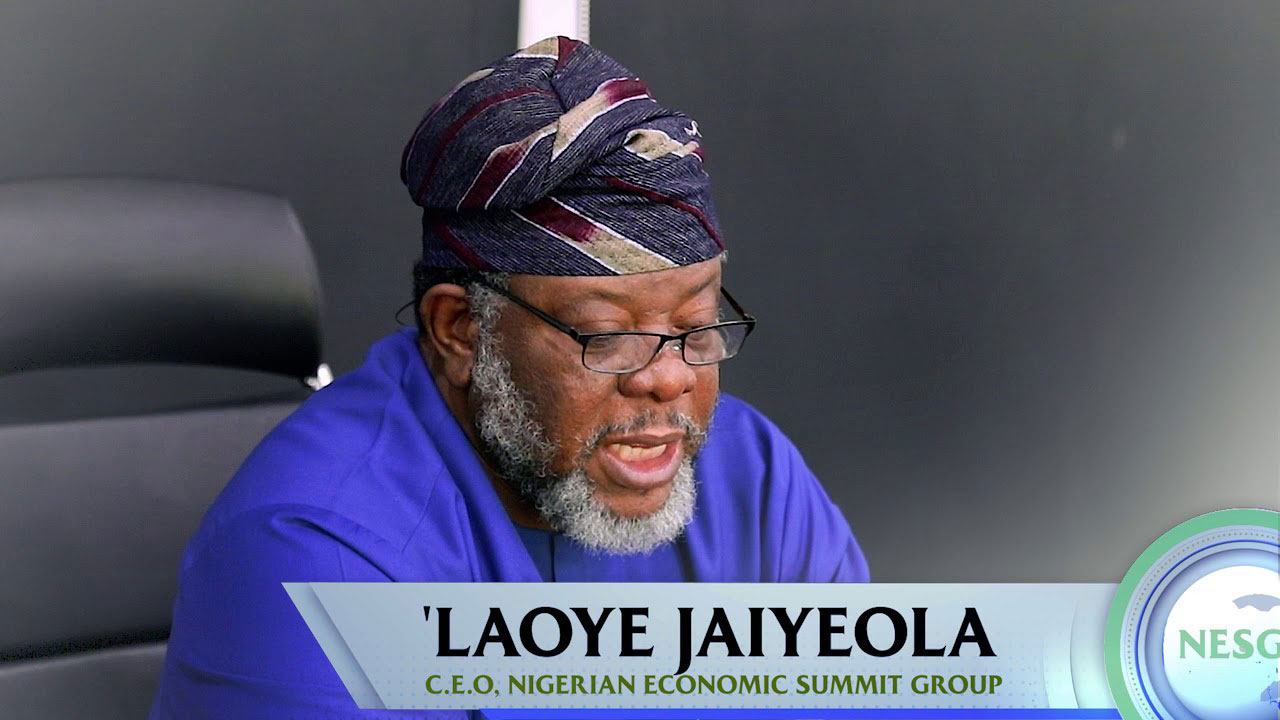
…NESG blames state govts for millions of unemployed youths
Chief Executive Officer of the Nigeria Economic Summit Group (NESG), Laoye Jaiyeola has blamed state governments’ over-dependence on funds coming from the Federation Accounts Allocation Committee (FAAC) for their inability to improve internally generated revenue.
Jaiyeola who stated this yesterday in Abuja, at the official launch of BudgIT’s state of States’ report, regretted that the failure of governance at the sub-national is written on the faces of millions of unemployed youths in every state.
According to him, States are in a dire financial strait that required bold, urgent and pragmatic solutions to deal with the problems.
“Most of our states are hemorrhaging and are only surviving from the ‘massive monetary blood transfusion’ from the Federal Government, which is also fast depleting due to mounting debt and debt service payments.
“The country’s tax-to-GDP ratio, between four percent and five percent further buttresses the point of this troubling reality. In most cases, lack of capacity, corruption and over-dependence on FAAC contribute significantly to this situation”, he added.
The NESG boss explained that subnational growth incidence should be primarily dependent on local resource endowments, adding that states and local governments can close the dissimilarities in their growth trajectories by reimagining their endowments and building both comparative and competitive advantages from them.
Otherwise, he added, “states that have sustained their growth process will continue to get rich, while those that are outside the growth process, remain poor.”
He noted that the time has come for the nation to shift focus towards exploiting the factor and resource endowments of states as the primary driver of economic growth.
“This therefore imposes a critical burden on states to immediately accelerate efforts towards exploring innovative fiscal options to build back better.
“No doubt, our sub-nationals need a radical reset to be able to deliver impact at the grassroots.
“Our weak public financial institutions and system, which translates to the limited fiscal space we have noted earlier, reflects the lack of shared philosophy on sovereign wealth generation and distribution as a nation. This inadequacy describes the structural pattern of our problem.”
On the way forward, Jaiyeola urged states to improve their tax administration, assuring that the system will contribute greatly to expanding the tax net, and with efficient spending, the tax base can be further widened.
In his presentation, BudgIT head, research and policy advisory, Abel Akeni, who acknowledged that COVID-19 ravaged the revenues of many state governments, stressed the need to explore options for building back better.
According to Akeni, a critical first step for states would be to rapidly block financial leakages that could further drain the little available revenue or future revenue.
He identified procurement processes as one of the biggest areas through which revenue leakages can occur, advising states to adopt open contracting principles to minimize instances of inflated contracts and other forms of procurement and procedural fraud.



